Table of Contents
I'm not going to lie. A PhD is pretty intense, but it can also be immensely enjoyable.
If you want a summary on what it's like doing a PhD, then imagine; take a small aspect of something you're interested in and force yourself to know everything about it, do it day in, day out for 3-7 years for 35-60 hours a week, add on a pile of admin/stats/mistakes/teaching whilst learning about tangential subjects, write a book about it all (about 300-500 pages) - including some published papers that will be rejected at least once - get paid less than minimum wage, and then still want to do more at the end of it; then that kind of summarises doing a PhD.
For some this sounds pretty amazing, for others, it's a rough road.
Let's dive into what it is like to do a PhD, from someone who is doing a PhD at this time of writing!
Do your research before you start
Here's a list of questions you might have. I'll answer them all by the end of this post, giving my own experiences and feelings about them. A PhD is a very individual journey and yours will most likely be different. However, it pays to do your research before you start! Gathering opinions by current PhD students is a great idea, especially if it is of those in the research group you will be working in.
So, here's some good questions:
- Is a PhD a good idea?
- What's the best and worst bits about doing a PhD? (A summary)
- Would I still go into a PhD program with the hindsight I have now?
- What would I do differently?
- Who would I recommend a PhD to?
- Would I do another one?
I have a variety of posts on this website dedicated to help you make a decision about doing a PhD. I'll signpost them as we go through.
A PhD is a good idea if you have the ability to stay focused
My subject, plant-environment interactions, has always been of interest to me. Since an early age, getting out and about in nature and learning how it all fits together is when I am happiest. Therefore doing a PhD in root-soil interactions was a no-brainer for me. I could bring an ecological background to a soil/agricultural topic and help to forge the way with sustainable use of grassland plants.
There are days when I could spend hours reading through papers, organising them to the nth degree and immersing myself in the subject. If I could, I would wake up at 5am and work right through until I went to bed at 9am. No problem.
But there are days, when I want to do anything but my PhD. Like working on this blog. Or doing nothing. For me, I tend to be an all or nothing type of person. My interests come and go, but when I have an interest, then nothing else is interesting! So for example, at the moment, one of my interests is Obsidian. I could spend all day working through my references linking everything together. But when I should be doing an experiment, it is extremely hard to pull myself away.

My worst days are when I have a few different things through the day; a few hours of teaching and a group meeting are enough to make the rest of the day a bit useless. I am really bad at switching between tasks. I just want to do one thing for the whole entire day, or even week. No interruptions. It doesn't have to be anything particularly interesting.
For me maintaining the interest in the PhD towards the thing I should be doing is the hard bit, not to the overall PhD experience. I can write, no problem. I can read, no problem. I can do boring and monotonous lab tasks no problem. But get the timing wrong, or ask me to switch between them and somehow I don't know what to do.
To manage this I tend to work in long spurts as much as I can. So I may go for weeks, where I immerse myself in one thing and one thing only. However, I don't get this opportunity very often as a PhD will pull you in many directions. Being able to stay focused, motivated and on task will be your greatest asset.
What's the best and worst bits about doing a PhD?
The best bit about a PhD is that you can make it your own
The best thing in my eyes about the PhD is that I get out of it, what I put into it. I can be guided, encouraged and even told what to do by my supervisors but ultimately the buck stops with me. I like this amount of control. A PhD is there to evidence that you are capable of independent research and can navigate planning, running and executing a full scale research project. In this sense you can control much of the direction it goes and much of the extra things you take on. Yes, there are responsibilities which are 'expected' to be taken on such as demonstrating and helping out with others in your research group but that should not form the majority of the work.
I enjoy being able to work where I want, when I want, and within the scope of my research topic, on what I want. I can learn the skills I want to learn, like spending extra time on writing skills and statistics and try to avoid the ones I don't like as much as possible. There are not many opportunities in life where you get as much freedom as you do in a PhD.
If you are looking for inspiration on learning and research with a sprinkling of my PhD, make sure to sign up to my newsletter. It helps reduce ads on this site. Thanks!
To a large extent this freedom will depend on the PhD itself. Some are a lot more prescribed and fall within a much stricter remit. Choose yours and your supervisor wisely according to what you would prefer!
The worst bit is escaping from the quagmire of despair
In a way a PhD is a bit like chucking you in at the deep end at the swimming pool and seeing if you can swim. For many students, throughout most of the PhD, it feels like you are barely staying above water. Things are coming at you left right and centre and there seems to be no way of sorting the wheat from the chaff.
A PhD is hard; I cover more reasons why a PhD is tough in this post.
I find there is so much research out there, it's difficult to focus. I can't keep up with new research, suffer from perfectionism and find myself redoing things over and over again.
You'll also feel on your own a lot of the time; like no-one is going through what you are going through, like you're an imposter and could be found out at any moment. Because my project sits on the fence between plant ecology and soil physics I don't feel I fit in with the ecologists or the soil scientists. Yet being interdisciplinary is supposed to be in vogue right now.
There are times when one little thing prevents you from progressing, or getting you the result you want and one person can stop your work being seen by the wider research world. It's a laborious and stressful process for something that may not work out how you had hoped by the end.
Would I still go into the PhD program knowing what I know now?
For me it's an absolute yes, but there may be others who would give a different answer. There are things I would definitely have liked to have known or started sooner, but sometimes learning by mistakes is better in the long run than trying to force something too early.
I didn't have much opportunity as to where I did my PhD. If this was something I could change, I don't think I would anyway. The advantage with doing it in somewhere you know well, is it give you a head start. And for someone like me who is super slow, that really helps keep everything on a respectable track.
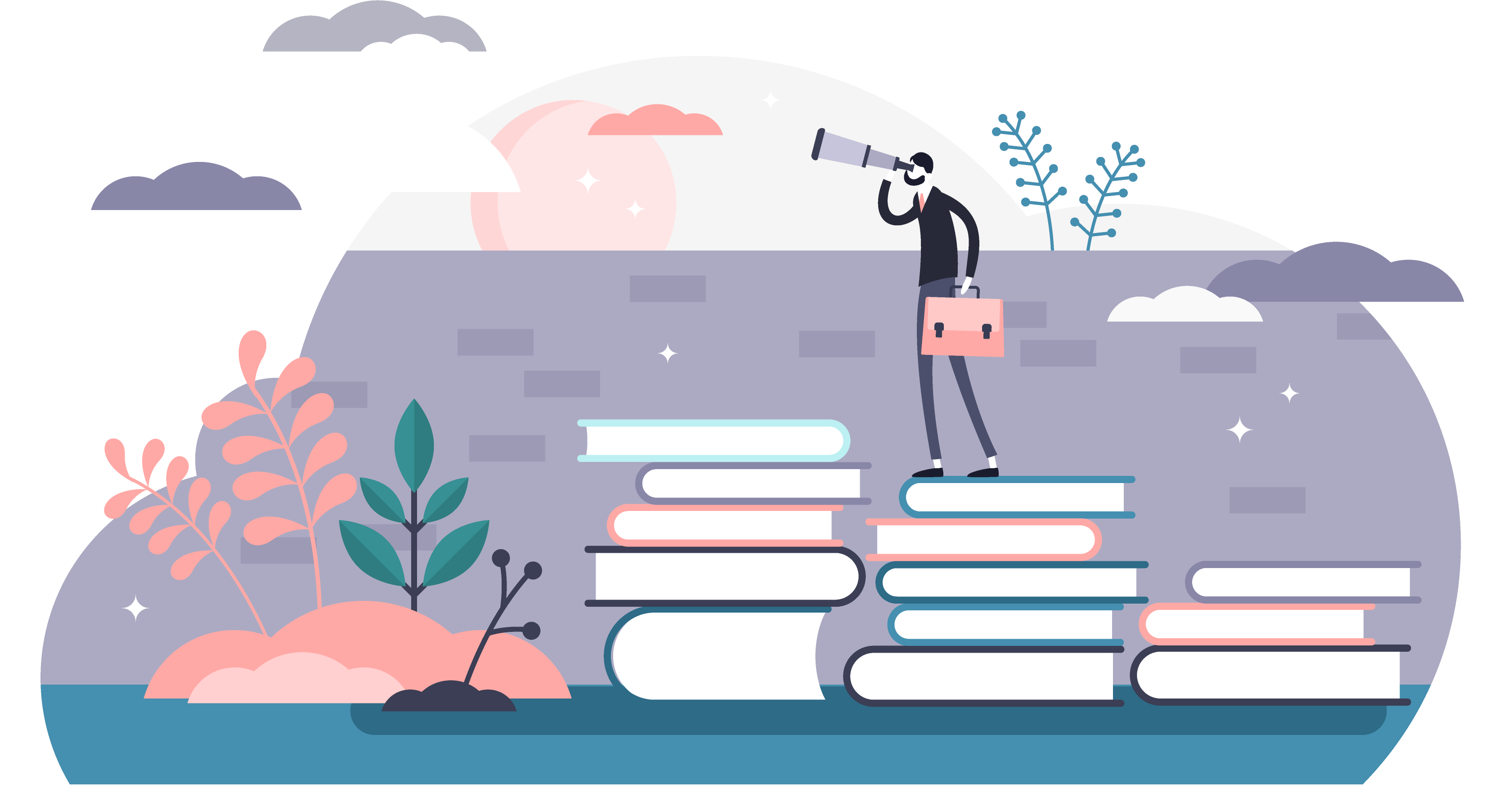
What would I do differently?
I would take better notes for sure, specifically learning about knowledge management. I've completely changed how I process and interpret information since I first started. This is something that probably comes from experience, but spending time learning how to read, write and take notes is a completely forgotten skill. It maybe that I have been a few years out of university, but note-taking at PhD level is a whole new ball game. You need to take a much more critical eye over what you read. It's not about the what, but the why and the how it fits into research at large, rather than a specific result.
Therefore in the first few months I would spend a lot more time learning how I learn and how I process information. It's not ideal to learn that spatial note-taking is how I roll, 3/5 of the way into a PhD. I'd also spend more time ensuring my questions were refined, and reviewing and recording what I have done.
(Note: I say spatial rather than visual for the reason I need to see how things connect in space so I can understand relationships and connections, rather than more visual drawings and diagrams. Though I do use visual methods to do this...)
Who would I recommend a PhD to?
I wouldn't recommend everyone to do a PhD. You really need to be committed to it beyond the actual PhD itself. If you're curious about something quite specific and you are happy to accept that you will be under pressure to get as much done as you can with it in the span of 3-5 years, then absolutely go for it.
Don't do it as an alternative to a job, but do one if it has clear benefits of your career. I cover a long list of reasons to do and not do a PhD in a couple of blog posts on this site. I'd recommend checking these out.
In all likelihood, doing a PhD will probably find your dark side. Make sure you are ready!
Would I do another one?
I love the idea of doing a self-funded, second PhD when I'm old and retired and I have my millions safely stashed in a back account somewhere...! The reality is, whether I do another one or not, I love learning new things so there will always be a course or some sort of study on the horizon. I need to finish this one first and I still have a long way to go; there's a lot of words to write, results to analyse and papers to publish.
I wouldn't change my decision, but there are things I would do differently.
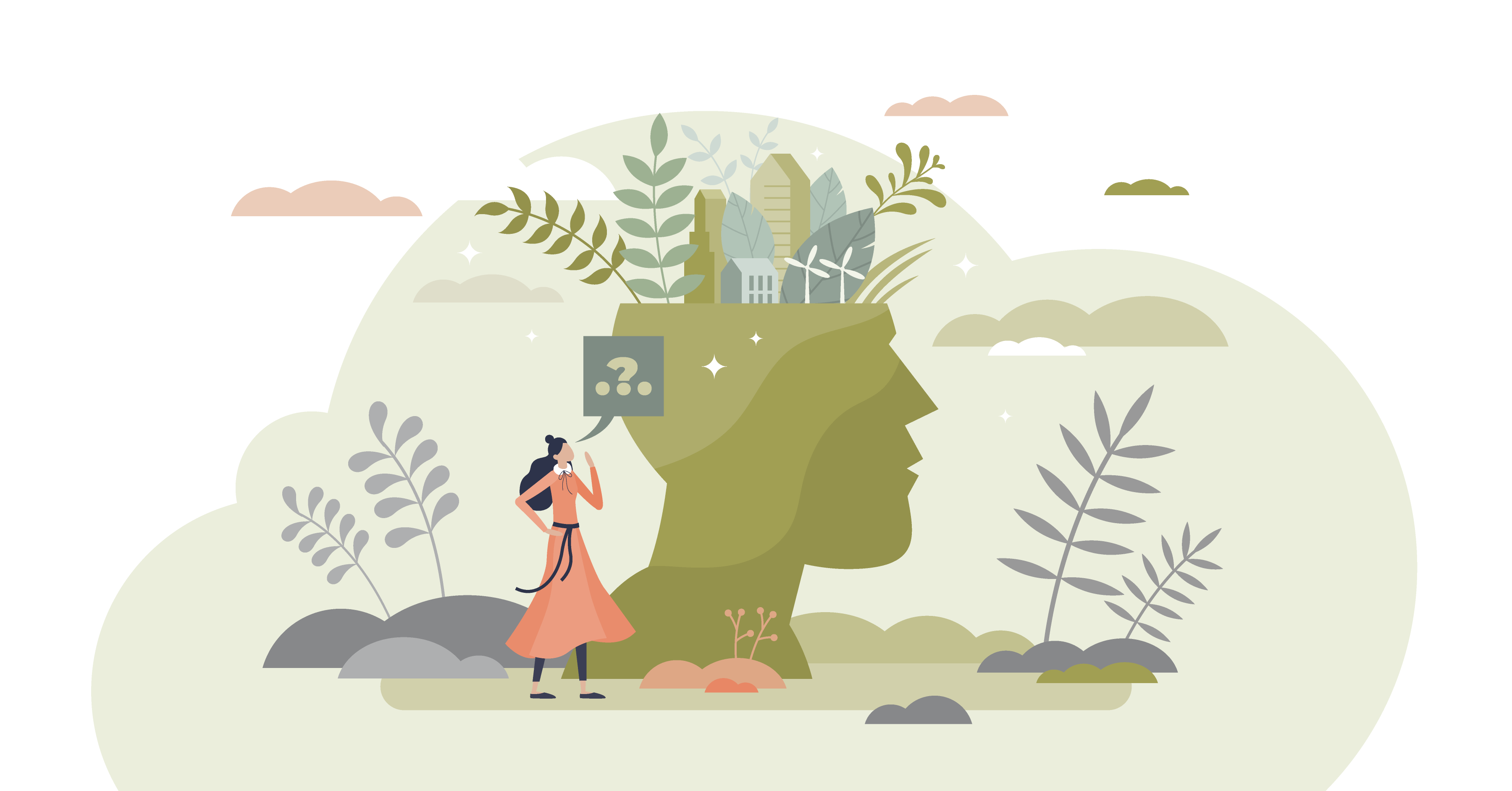

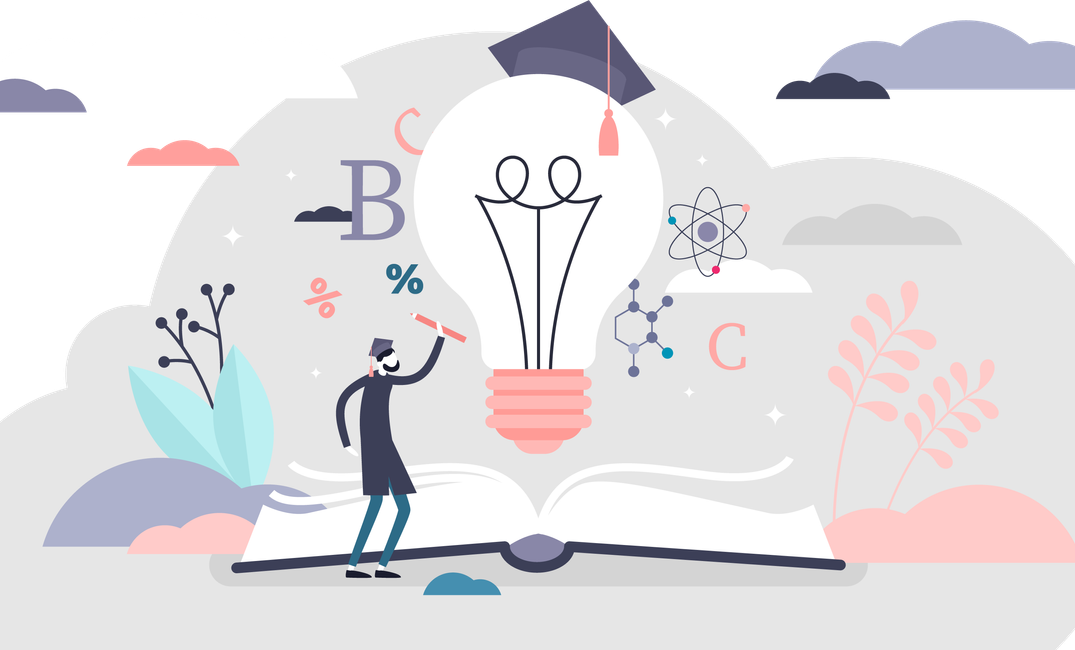


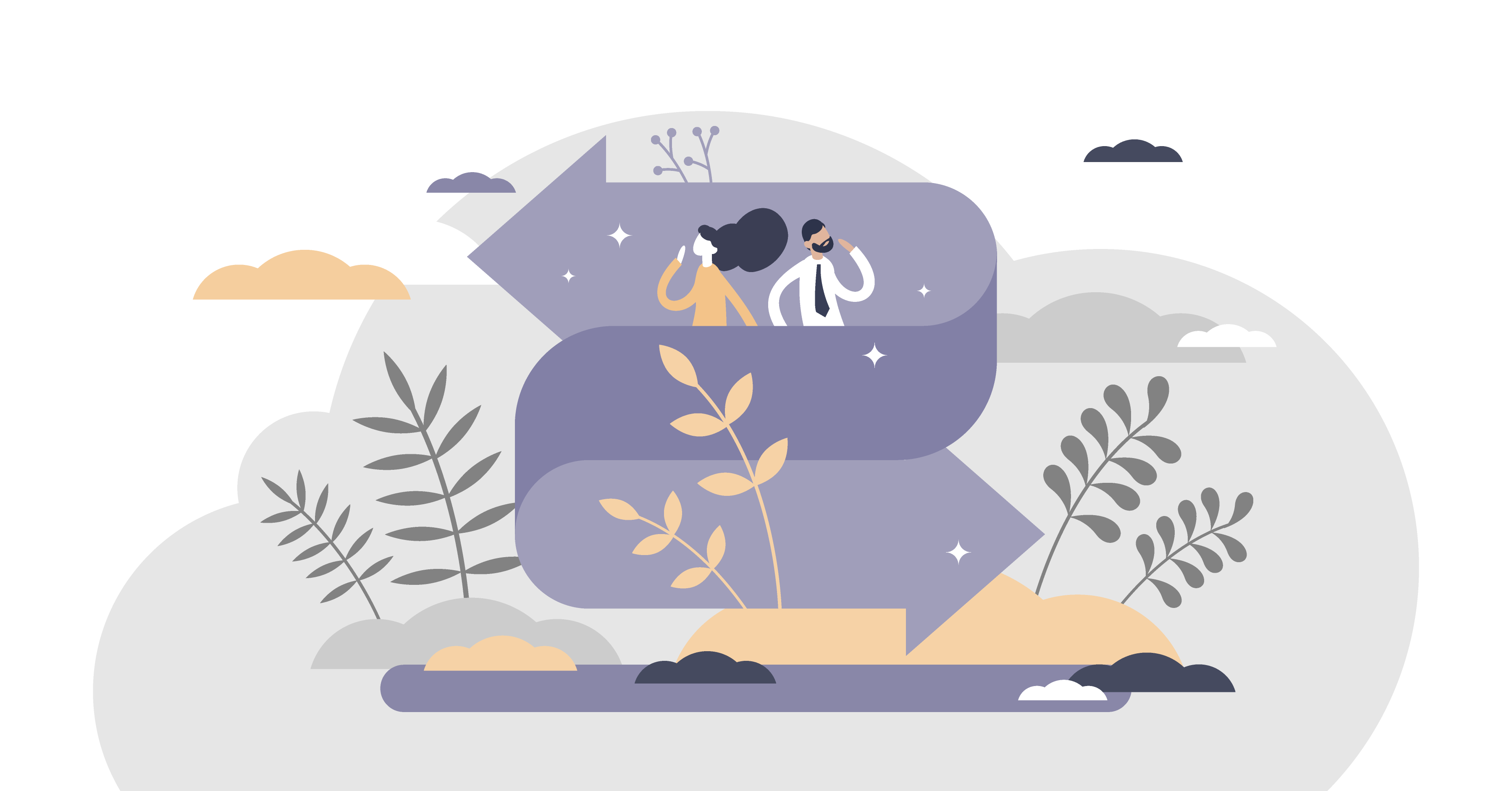

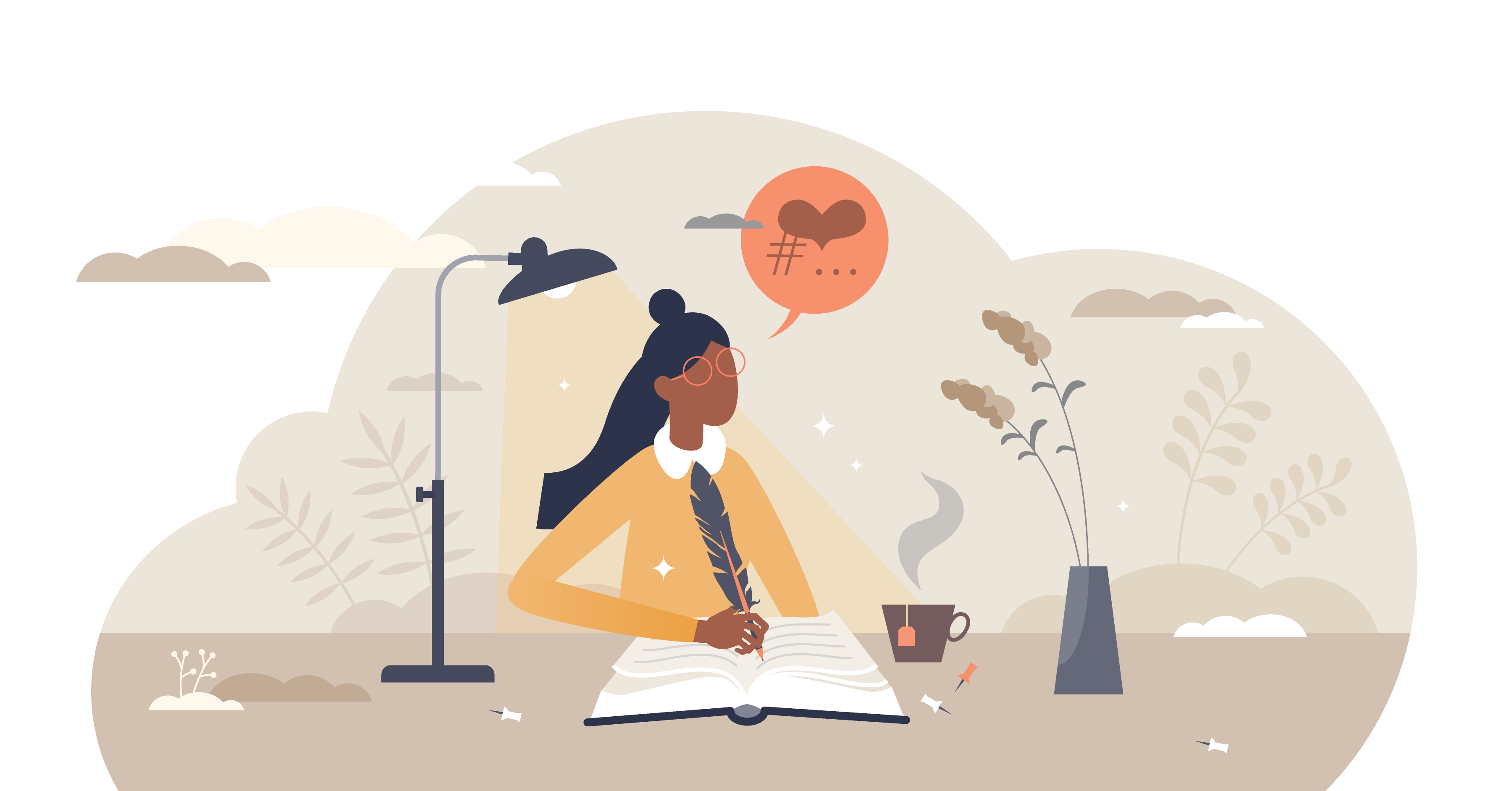
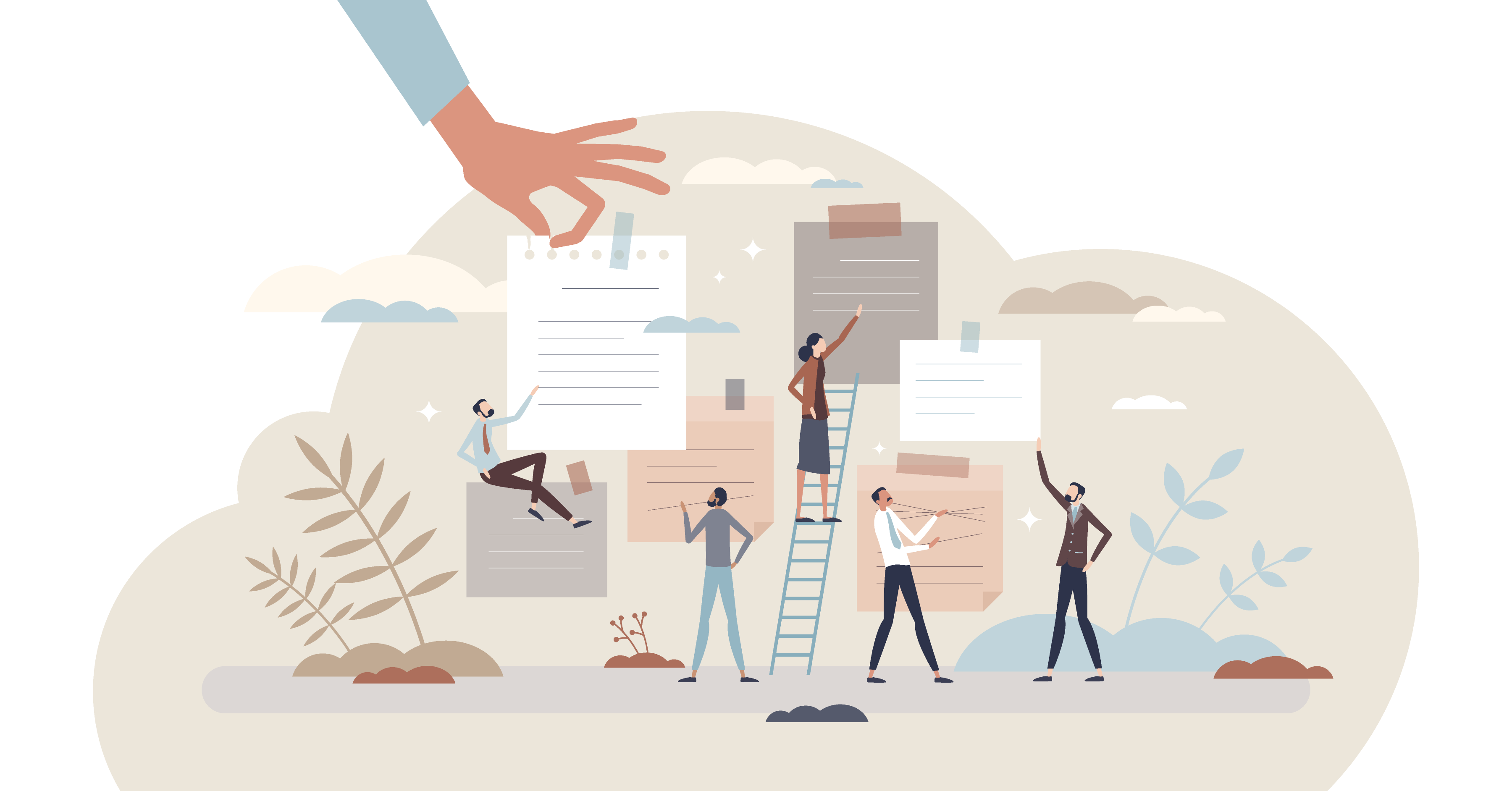
Comments